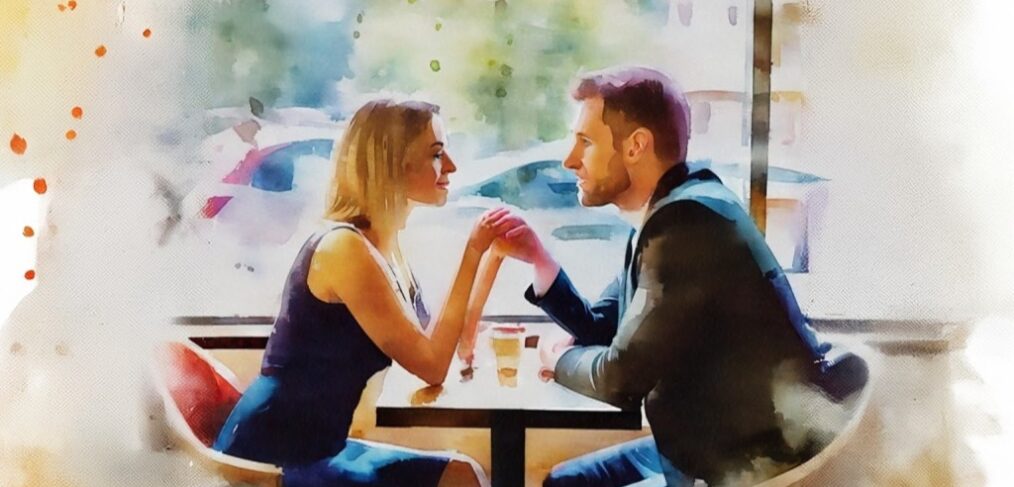You are in control of your life. It may not always seem like it—you don’t have control over all the circumstances that may impact your life. However, you do have complete control over the determining factors—what circumstances influence your decisions. Everyone faces tragedies, heartbreaks, and hassles, but not everyone reacts to them in the same way. You can bounce back even if it doesn’t always feel that way. You can continue to love yourself and make the best life for yourself, even when circumstances seem dire.
You are always at home. It may not always feel like it, but your home is not a place or a structure; it is deep within you. It is your core self. When you travel and are exposed to unfamiliar ideas and ways of life, you may feel homesick. But homesickness is just a separation from your core self. If you can get to know yourself deeply and genuinely, you can always feel at home, even while exploring the unfamiliar or moving outside your comfort zone. You can stay as one with your core self and always feel anchored to who you are in your heart.
How can you carry on through crushing disappointment and heartache—disappointment that goes through your heart and soul? It’s hard to forge ahead, but even when you see no light at the end of the tunnel, forging ahead is the right thing to do. It is the best way to take back who you are and what you believe in and stand for. Events can give you a fresh perspective and teach you some things about your approach, but they shouldn’t change your values or vision. Working through a loss is the best way to learn about yourself—why you hold to certain values and how your vision came about. It’s when you learn about your gumption and how to tap into it.
It’s nice to be loved, but not everyone loves you. That is just a fact of life. It may seem that there are some people who everyone loves, but I guarantee that even those people wanted someone to love them sometime in their lives who didn’t. What people feel about you is out of your control. What is in your control is who you are, so be yourself and work on yourself. Focus on personal growth and a meaningful life. Don’t try to become what you think will attract others or make a specific person love you. That will never work.
Most people have a vision for who they are and how they live. This includes how they interact with others, how much they eat and drink, exercise, and sleep patterns. It also might include how much time they devote to their family, job, or passions. You won’t always live your life in a way that is entirely consistent with that vision—no one can—but how you react to missteps is key to making your vision realistic. If you constantly berate yourself over something you did or didn’t do, you’re making it more than it should be and denying part of who you are. If you incorporate imperfection into your vision, you will be much more likely to realize it.





